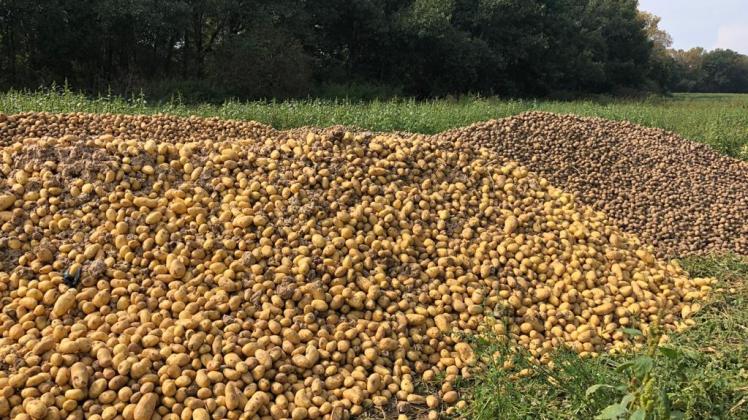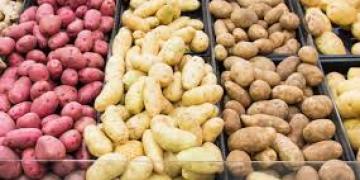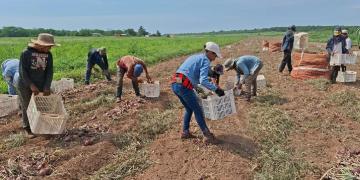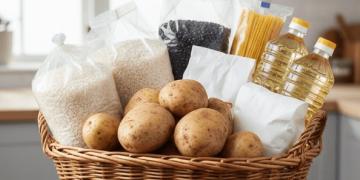Bélgica: Managing and growing our own cultivation area is evolutionary, not revolutionary
Last week, Belgian retailers, the Colruyt Group, made an announcement that they had established an operating company called Agripartners.

This company will further develop the Colruyt Group’s existing cultivation areas and acquire new ones. "We’re not going to grow our own crops in practice. For this, we rely on growers’ expertise," explains Hanne Poppe of the Colruyt Group. "We will, of course, continue to work with the Belgian auctions and other suppliers. This initiative complements those supply flows. It’s an evolution, not a revolution".
The Colruyt Group has set up projects in the past with a link to agriculture and horticulture. "Think of our direct cooperation with potato growers. And our purchase of the Het Zilverleen organic farm. This initiative increases transparency within the chain. It shortens the link between producer and consumer. Two-way traffic with farmers remains crucial to us. We’re doing this along with growers; we don’t want to begin farming ourselves. We’re not experts in growing, say, potatoes. What we do know is which products and what quality we need in our stores."
Ensuring Belgian products remain available
"The Colruyt Group is a player on the Belgian market. As such, it wants to offer as many local Belgian products as possible. We already source as many fruits and vegetables in Belgium as we can. In this way, we want retailers to focus even more on Belgian products. We want to ensure Belgian supplies and encourage its availability," explains Hanne.
"The start of the chain can become more innovative and sustainable. That’s possible with complete transparency and cooperation with local growers. We’re sure some farmers will want to work with us constructively. We can set up transparent collaborations with them. These are based on good, fair agreements."
Regional clusters
There are, as yet, no fixed figures or targets for the size of the cultivated area the Colruyt Group wants to buy. The supermarket chain intends to work mainly in a demand-oriented way. So, they haven’t set a specific pace. "We want to work with regional clusters. Size is necessary for efficiency. But, we’ll, absolutely not enter the market aggressively," Hanne says, emphatically.
"There are currently no concrete plans on the table. We want to enter into this project along with the growers. We certainly don’t intend to push players out of the game." It’s one of the Colruyt Group’s many projects. They want to start working more closely with Belgian farmers and on local supply.
No growers employed
"First of all, we want to grow conventional arable products. The area has been and will continue to be cultivated. We don’t rule out using some of the land for innovative crops, eventually. That will be in the context of further sustainability. Organic isn’t the end goal. But, we’re not ruling that out either. However, we’re not going to employ growers," says Poppe.
"We’re going to work with independent farmers. They won’t be Colruyt employees. The project isn’t about leasing, in the pure sense of the word, either. In this specific case, we’re going to conclude contracts with growers. We’ll make clear, longer-term deals. Everyone has to feel good about this partnership."
"People should think about it as an alternative form of cooperation," adds Hanne. "It must end up having supply geared to demand, that’s as Belgian as possible. We want to secure part of the Belgian cultivation area too. And not lose it to housing, for example. This is one of those partnerships. For growers who want to cooperate with us, it a purchasing guarantee for his product. And that at an agreed price, by a known buyer."
"We still buy fruit and vegetables from the Belgian auctions and producer organizations. And we’ll continue investing in the existing ways of purchasing. When it comes to buying fruit and vegetables, diversification and risk-spreading are vital for retailers. Crises like COVID-19 highlight this even further," concludes Hanne.
Fuente: https://www.freshplaza.com/article/9255044/managing-and-growing-our-own-cultivation-area-is-evolutionary-not-revolutionary/




